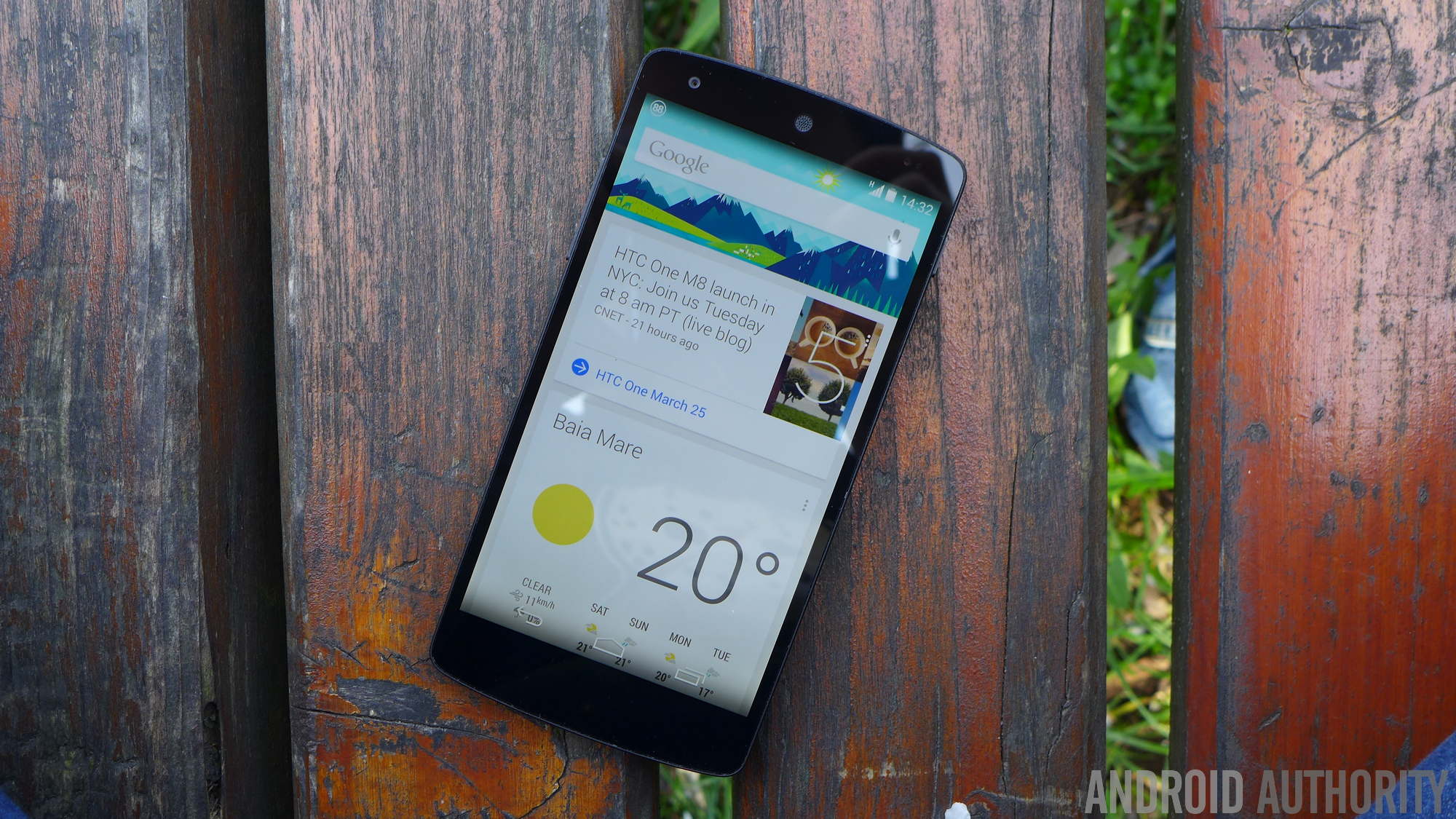
Killed by Google: These are the apps I miss the most
- 23.03.2025 00:17
- androidauthority.com
- Keywords: AI, Startup
Google has discontinued several beloved apps like Google Now, Inbox by Google, and Google Trips, leaving users nostalgic for their unique features despite modern replacements. While some features have been integrated into newer services, many still miss the simplicity and functionality of these once-popular tools.